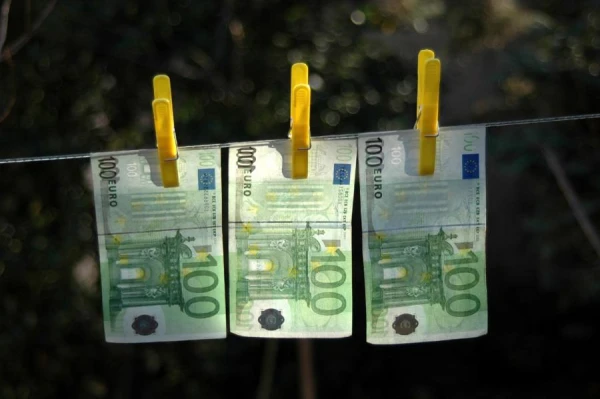
The court ruled not to confiscate 80 million euros held in ABLV Bank and linked to organized crime in the Russian-controlled Transnistrian region. According to the court, the evidence collected by investigators was insufficient, however, law enforcement representatives believe that judges in money laundering cases are making decisions in favor of criminals, reports the program "Nekā personīga" (TV3).
In July 2020, the State Police arrested 80 million euros at ABLV Bank. These funds belonged to individuals associated with the largest corporation in Transnistria – "Sheriff." This territory of Moldova declared independence in 1992 but is effectively under Russian control.
The company "Sheriff" and its owner Viktor Gushan control local media, supermarkets, and fuel trade. Gushan, a former KGB officer, currently controls about 60% of the economy of the unrecognized Transnistria, and thus local politics.
"I would call the 'Sheriff' corporation a ghost of the Kremlin in Eastern Europe, a business ghost of the Kremlin. The firm was founded by two local oligarchs: Viktor Gushan and Ilya Kazmaly. The income of 'Sheriff' is approximately twice that of the so-called budget of Transnistria, which is why the region is sometimes referred to as the 'Republic of Sheriff,'" says investigative journalist Vladimir Torik. "Another name for Transnistria is the 'black hole of smugglers.' This smuggling, even before the full-scale war of 2022, was going from Ukraine to Western countries — we have data on this — to Latvia, Estonia, Italy, Bulgaria. About 15 years ago, there was a huge criminal case about cigarette smuggling worth billions, and one of the figures in it was the company 'Sheriff.'"
"After years of intensive investigation, having conducted all possible investigative actions on the territory of Latvia, as well as sending requests for legal assistance to other countries, we gathered a volume of evidence that, in our opinion, indicated the criminal origin of the arrested funds," claims Sven Kristianson, head of the Economic Crime Unit of the State Police.
Latvian investigators were unable to establish what specific crime this amount was obtained from. Moldova also cannot conduct investigations in the occupied territory. However, law enforcement had no doubt that the money was laundered — and that itself is a crime. This is indicated by indirect evidence: the funds were transferred between shell companies in offshore countries, the companies were managed by nominal rather than real directors, the money passed through a chain of firms, and fictitious loans were indicated in the documents.
"The transactions we observed were transit in nature, structured as loans. This means that many of the involved companies allegedly lent money to each other, transferring it back and forth, buying goods and services — and this creates difficulties: over time, it becomes impossible to prove that the transactions were fictitious," explains Kristianson.
"Typologies developed by the Financial Intelligence Unit were collected, which are indirect evidence: the presence of 'shell companies,' nominal directors, a convoluted financial chain between offshore entities. Also, the unclear economic background of the transfers, and many other signs," says prosecutor Robert Milbergs of the Riga District Prosecutor's Office.
The Economic Court decided that the evidence was insufficient and ruled in 2023 not to confiscate the 80 million. The Prosecutor's Office appealed this decision, but in September of this year, the Riga Court of Appeals upheld it. The money had to be returned to the Transnistrian oligarch.
"After the decision of the Court of Appeals, we no longer have grounds to withhold these funds, and we are obliged to return them," explains Milbergs.
All cases of money laundering, including the recognition of funds as criminally obtained and their confiscation, are considered by the Economic Court established in 2021. These cases are closed, so the court chairman does not disclose details of the specific case related to the Transnistrian oligarch.
"Investigators find it difficult to convincingly convey their position to the court and explain why they believe that the property has a criminal origin. They include various typologies in the decision that raise suspicion, but as a judge, I seek a concentrated justification — so that these are not just random, piled-up circumstances," says chairman of the Economic Court Mikelis Zumbergs.
The Criminal Procedure Law allows for the confiscation of money even if it is impossible to prove that it was obtained as a result of a crime. This is due to the fact that Latvian law enforcement cannot conduct investigations in Russia and other unfriendly states or territories. The Economic Court has challenged this provision in the Constitutional Court.
"The Constitutional Court has reviewed several cases related to the so-called special process, that is, confiscation without a guilty verdict. The court ruled that property can be recognized as criminally obtained in two ways. The first is through direct evidence of the underlying crime. The second is through indirect evidence," explains Constitutional Court judge Juris Juriss.
Juriss cited the confiscation of funds from Vladimir Putin's friend Arkady Rotenberg as an example. It was not possible to establish where the 4 million euros found in Latvian banks came from. However, the court ruled to confiscate these funds.
"It was clear that under such conditions, it was wrong and impossible to expect law enforcement to turn to the Russian Federation with a request to initiate a case against Mr. Rotenberg, to find out what crimes he committed and how he obtained these funds," says Juriss.
The Constitutional Court recognized this practice as consistent with the Constitution of Latvia. However, the Economic Court increasingly refuses to confiscate arrested funds. The case of the 80 million from Transnistria is a particularly striking example, as it is one of the largest amounts arrested in Latvia.
"The evidence base, in the opinion of the investigation and the prosecution, was sufficient. Typologies and indirect evidence were collected that need to be assessed in aggregate. In similar cases with the same evidence, it was sufficient. This indicates, most likely, an inconsistency in practice," asserts Milbergs.
At the beginning of its activity, the Economic Court mostly issued decisions to confiscate funds. Now the statistics have changed — most often, confiscation is denied, and the case is closed.
More than one billion euros were arrested at ABLV Bank, and several hundred criminal cases were initiated for money laundering. About a third of this amount has already been confiscated and transferred to the state budget. But regarding the remaining 700 million, the court still has to make a decision.
"The percentage of cases in which our evidence is recognized as sufficient for recognizing property as criminally obtained is decreasing. This is due both to the increasing complexity of cases — they are becoming more convoluted — and to the fact that not only we are being trained, but also the other side," says Kristianson.
Moreover, the court is imposing increasingly high and, in the opinion of investigators, unattainable requirements. The court rejects these accusations. According to the judges, the investigators and prosecutors themselves work poorly and do not bring the case to completion — they only turn to the court because the arrest period for the funds is expiring.
"If there is no convincing evidence of the underlying crime, then it must be understood that it is not enough just to pile up typologies. A narrative must be built so that it is clear: there is no other explanation than the criminal origin of the funds. On the one hand, the interests of society — so that 'black money' does not threaten the financial system, as was the case with ABLV. On the other — so that the rights of the entrepreneur, who just wants to earn and survive in the competitive struggle, are not violated," says Zumbergs.
The fight against money laundering in Latvia only began when the country was threatened with international financial isolation due to 'black' money. A new Moneyval report on Latvia is expected to be published in December, which is anticipated to be very positive. Therefore, the fight against 'black' money is no longer a priority.

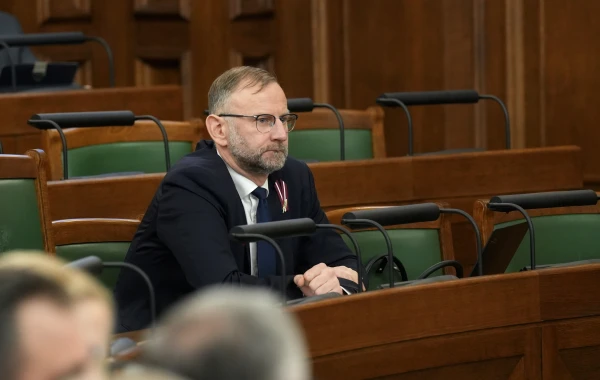
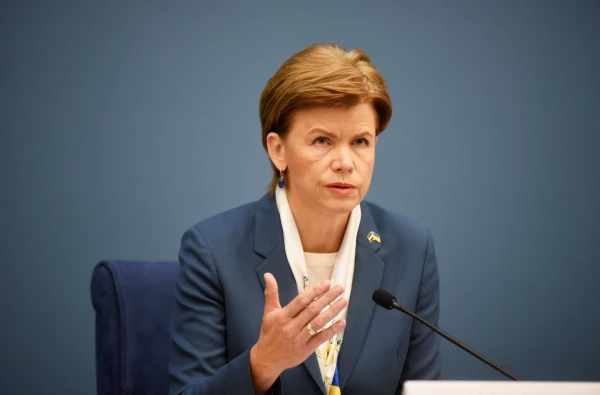

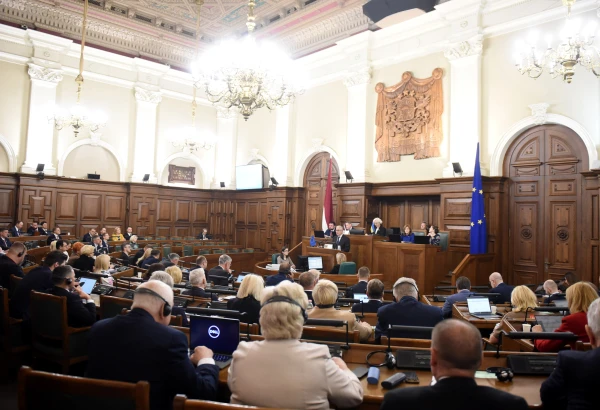
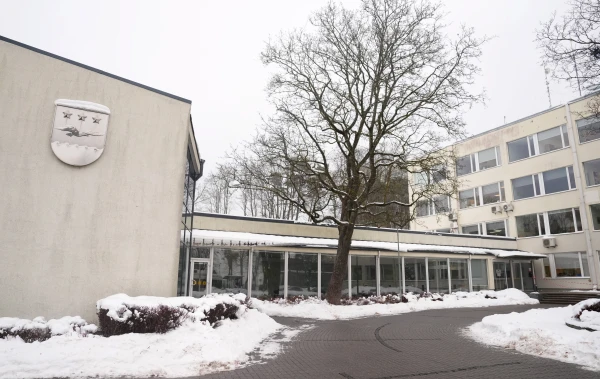
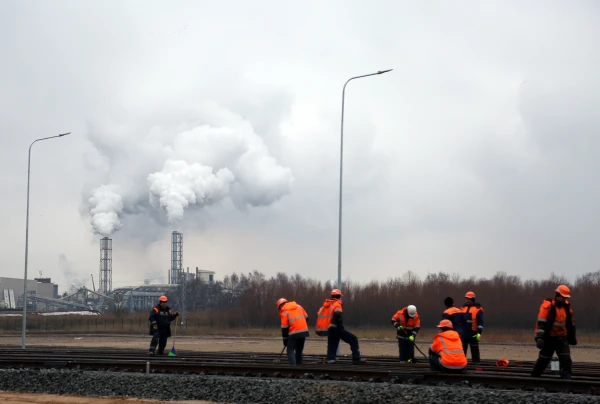
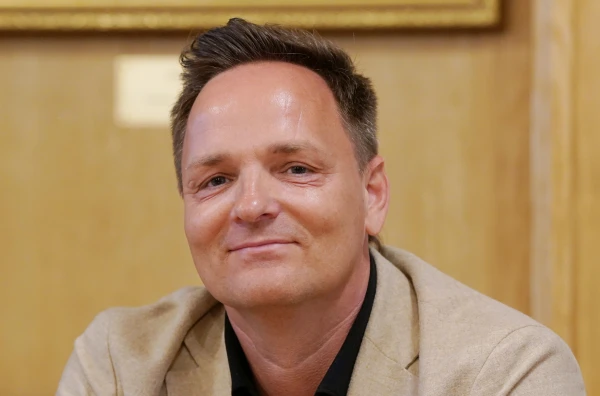

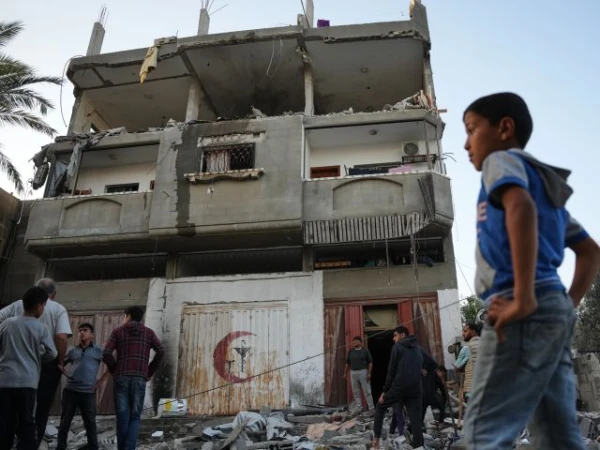
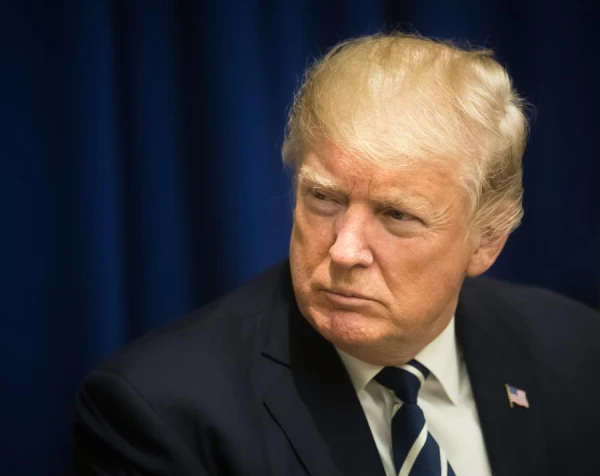


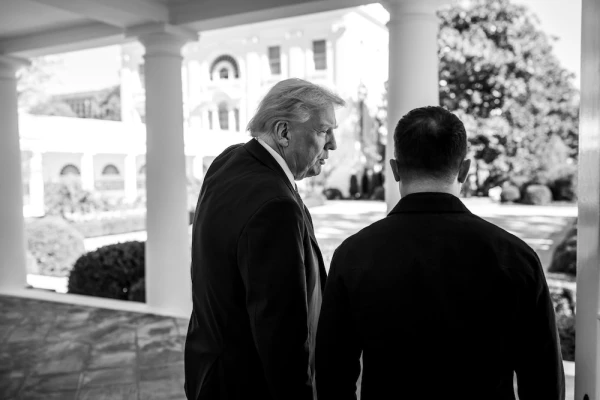

Leave a comment